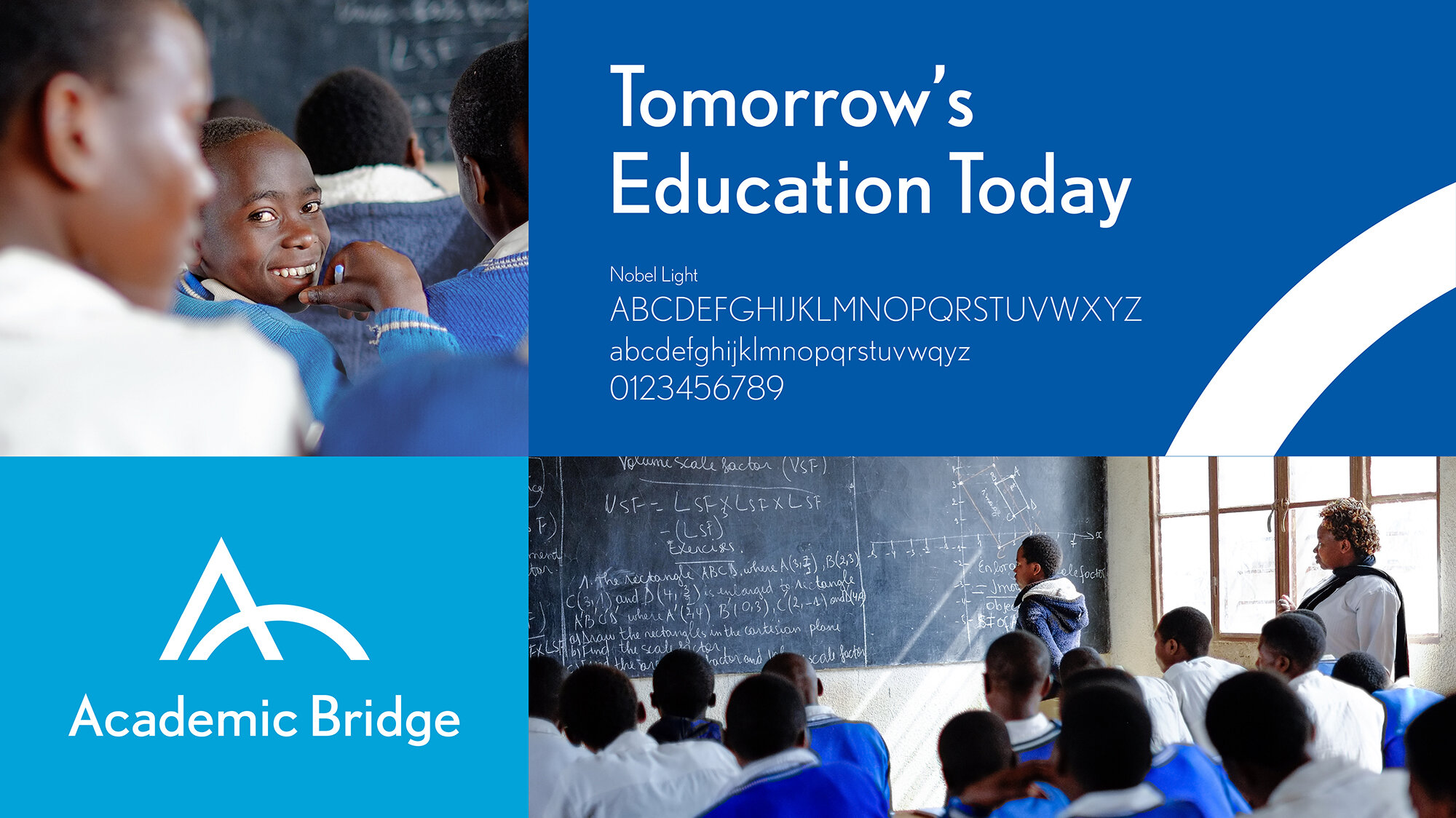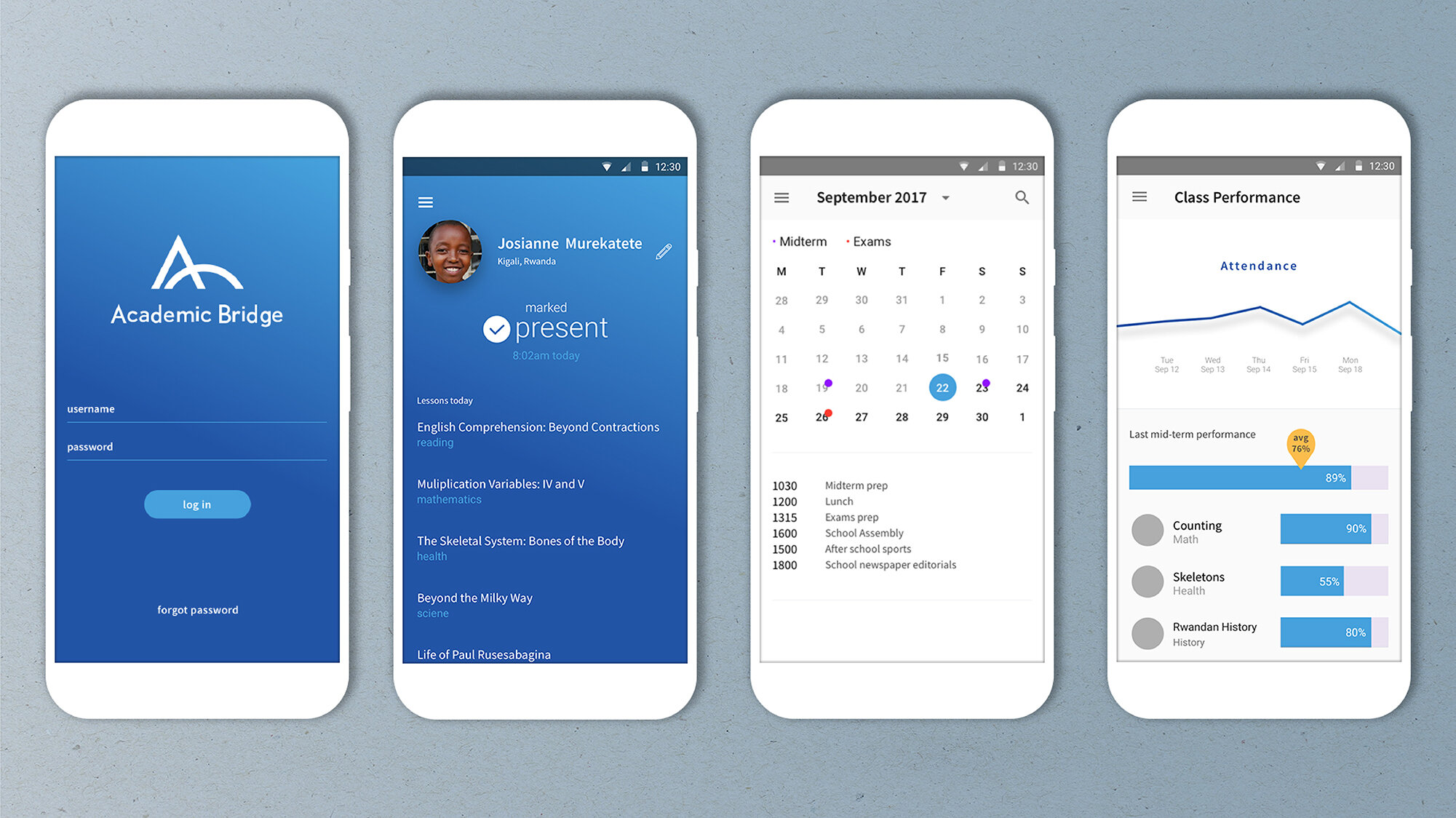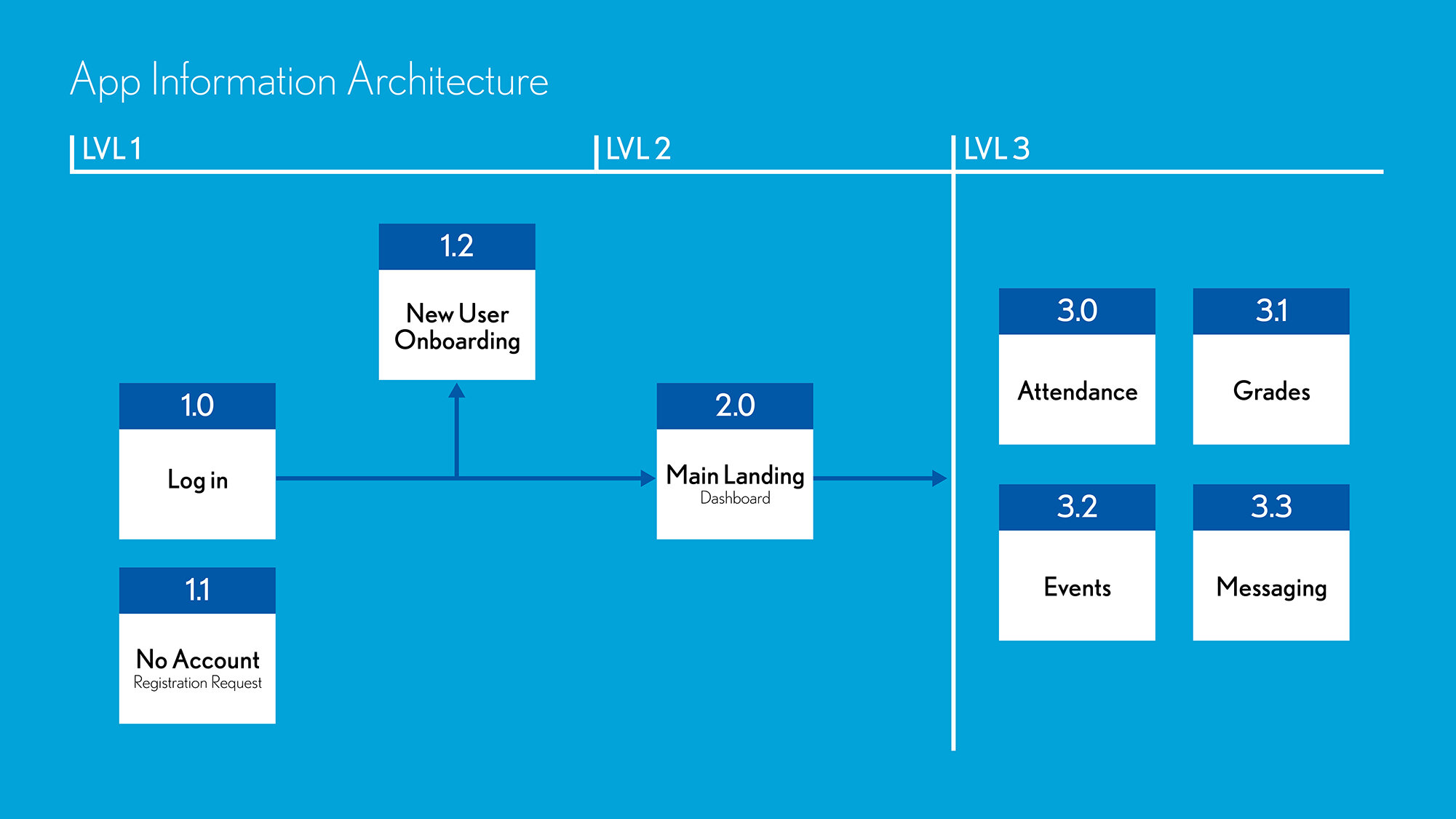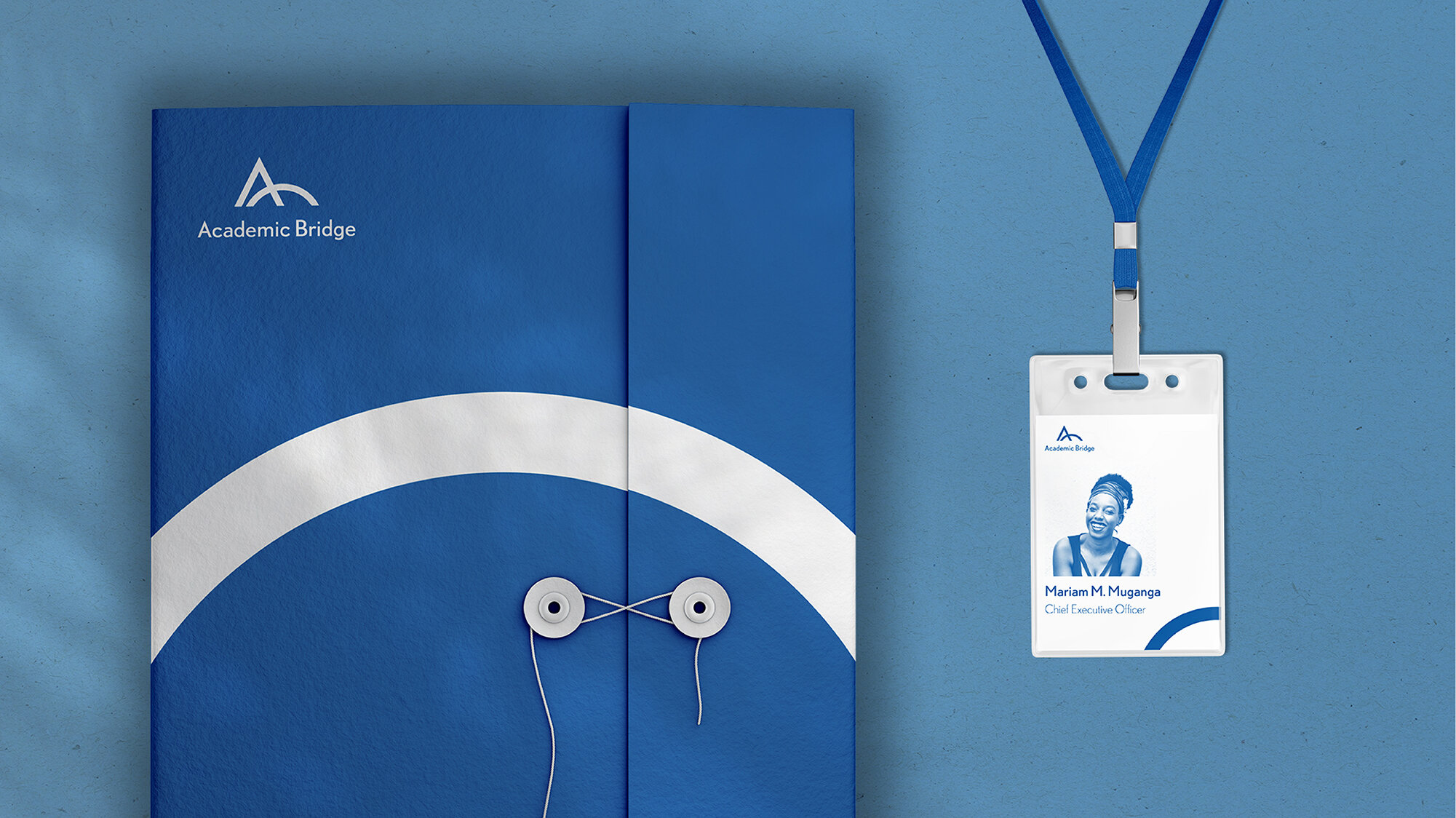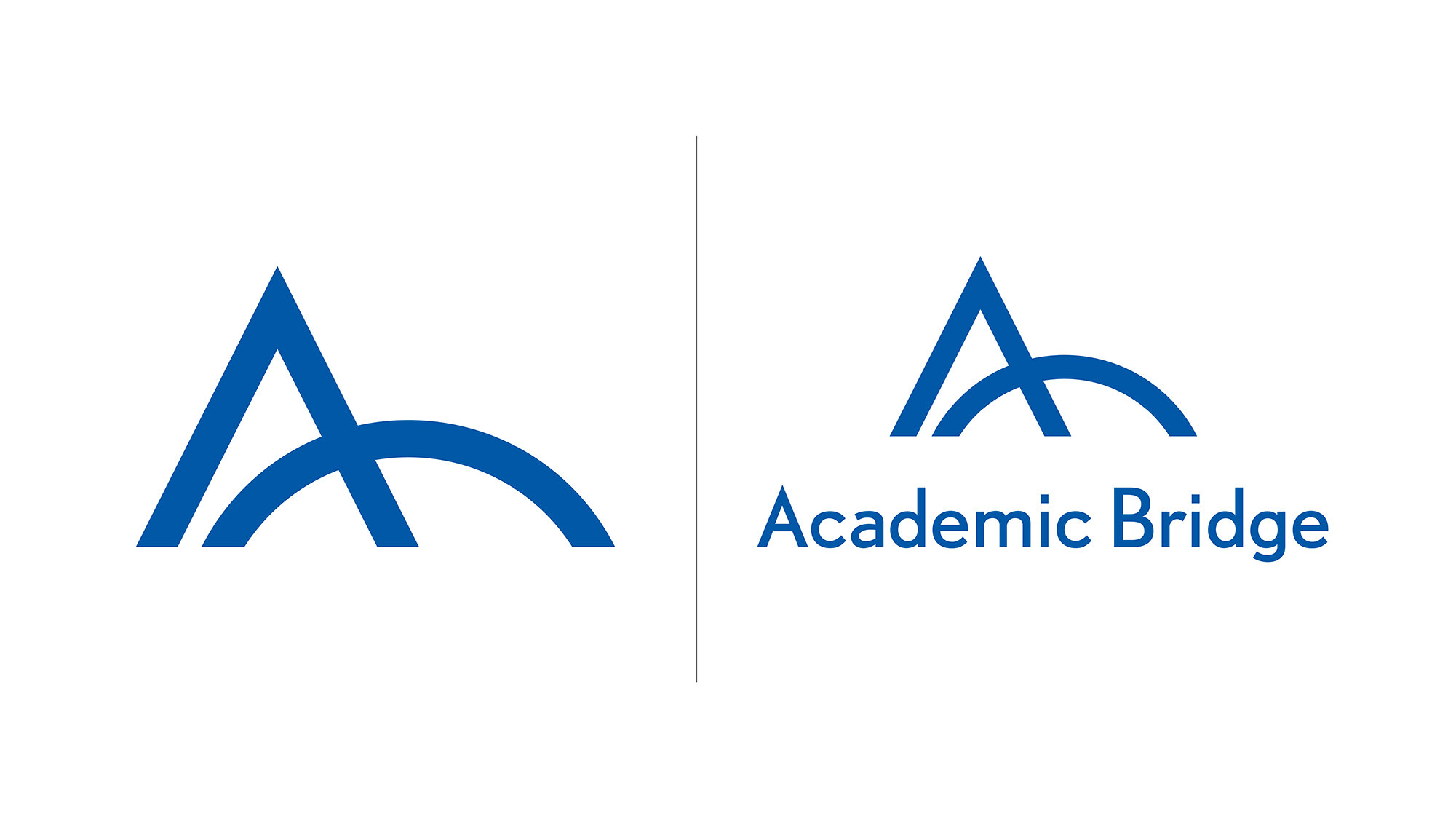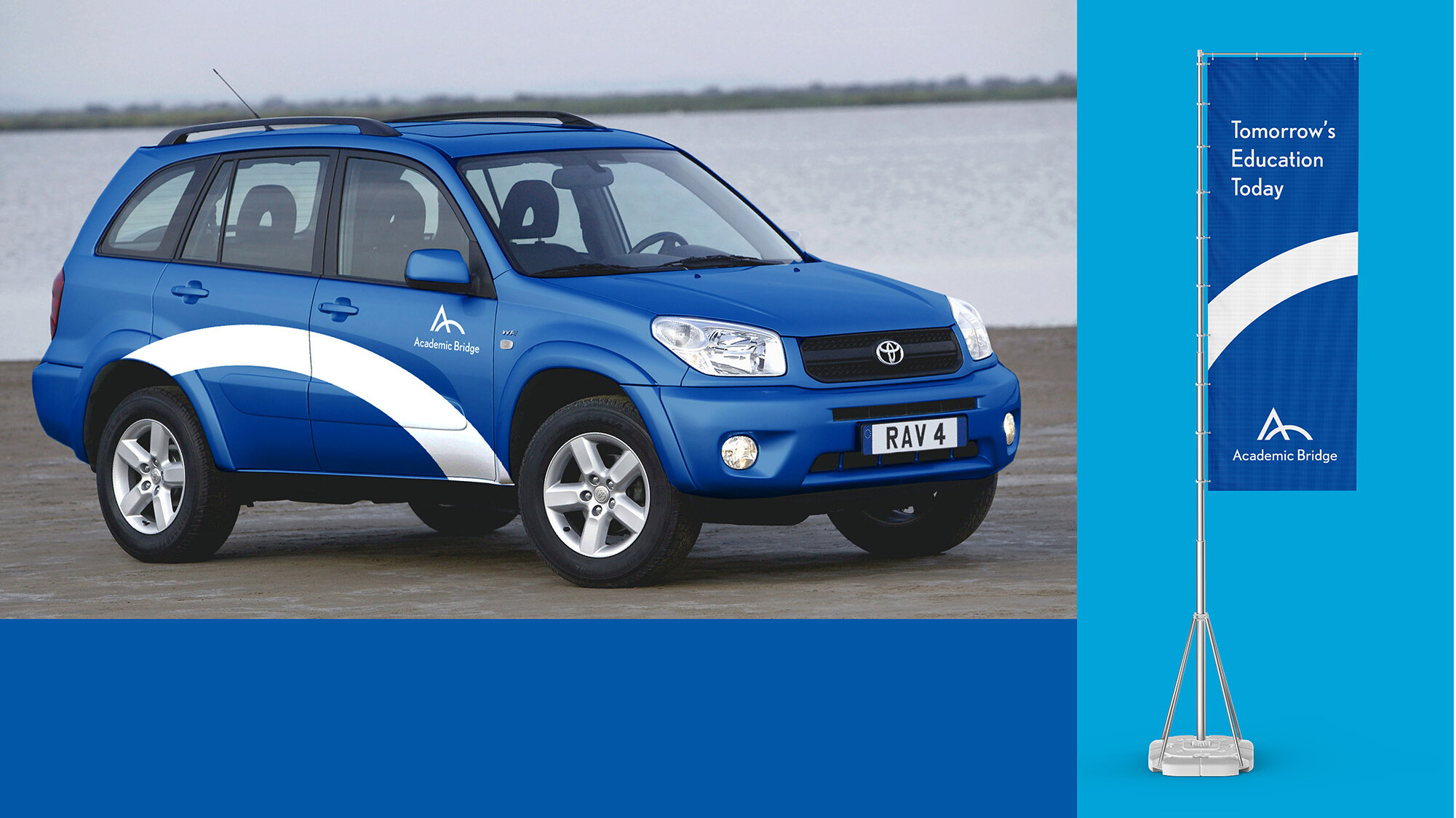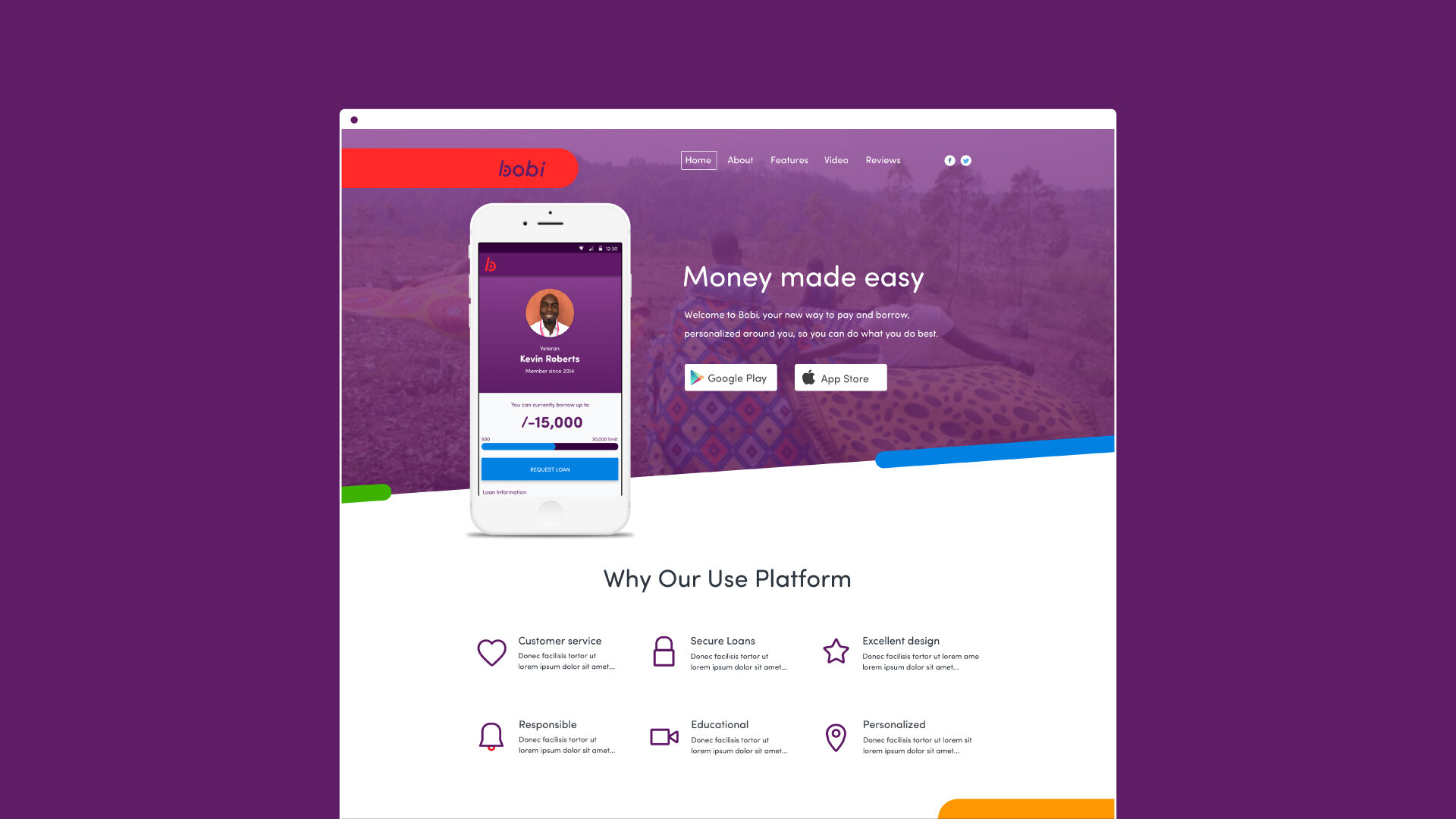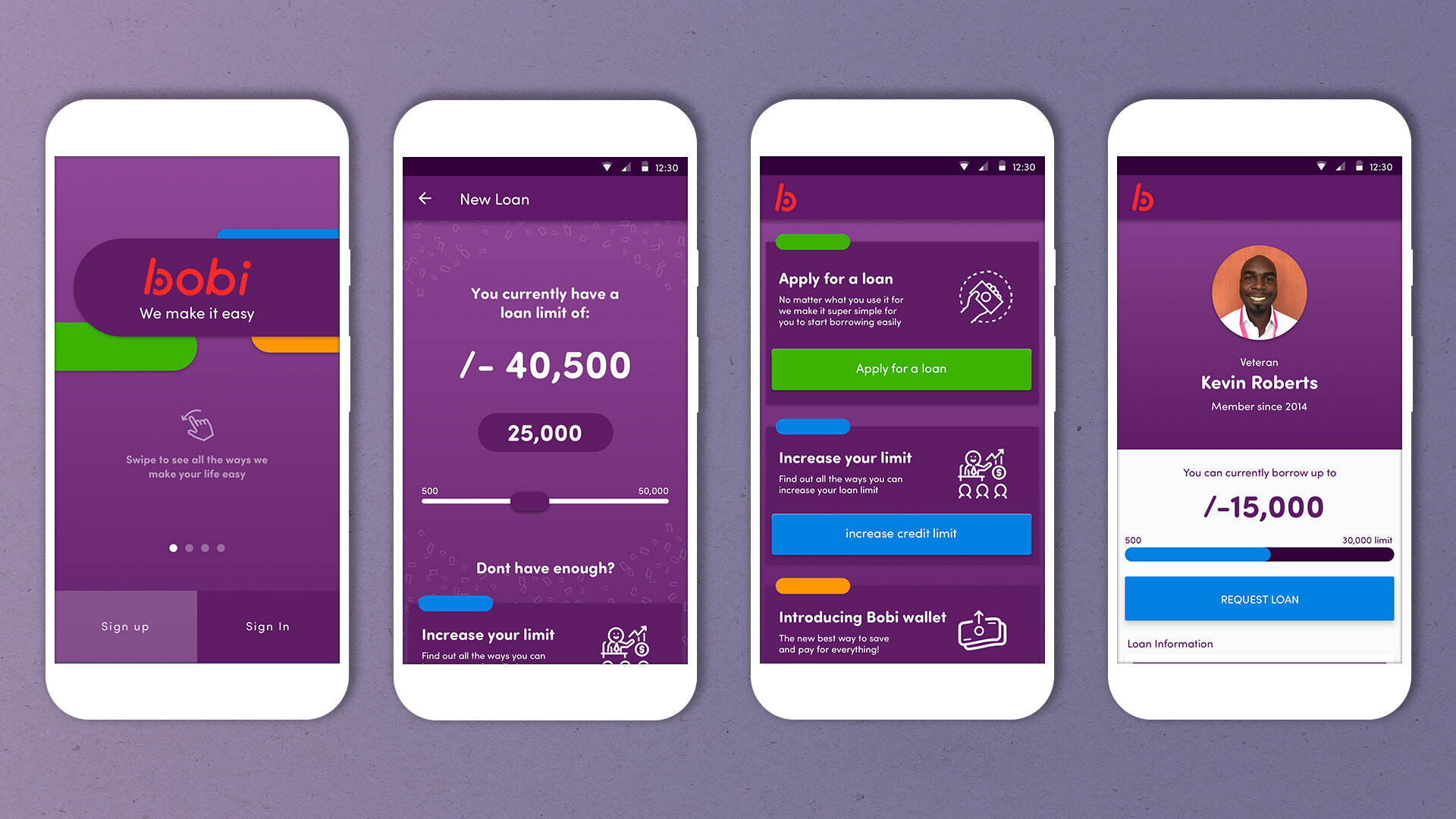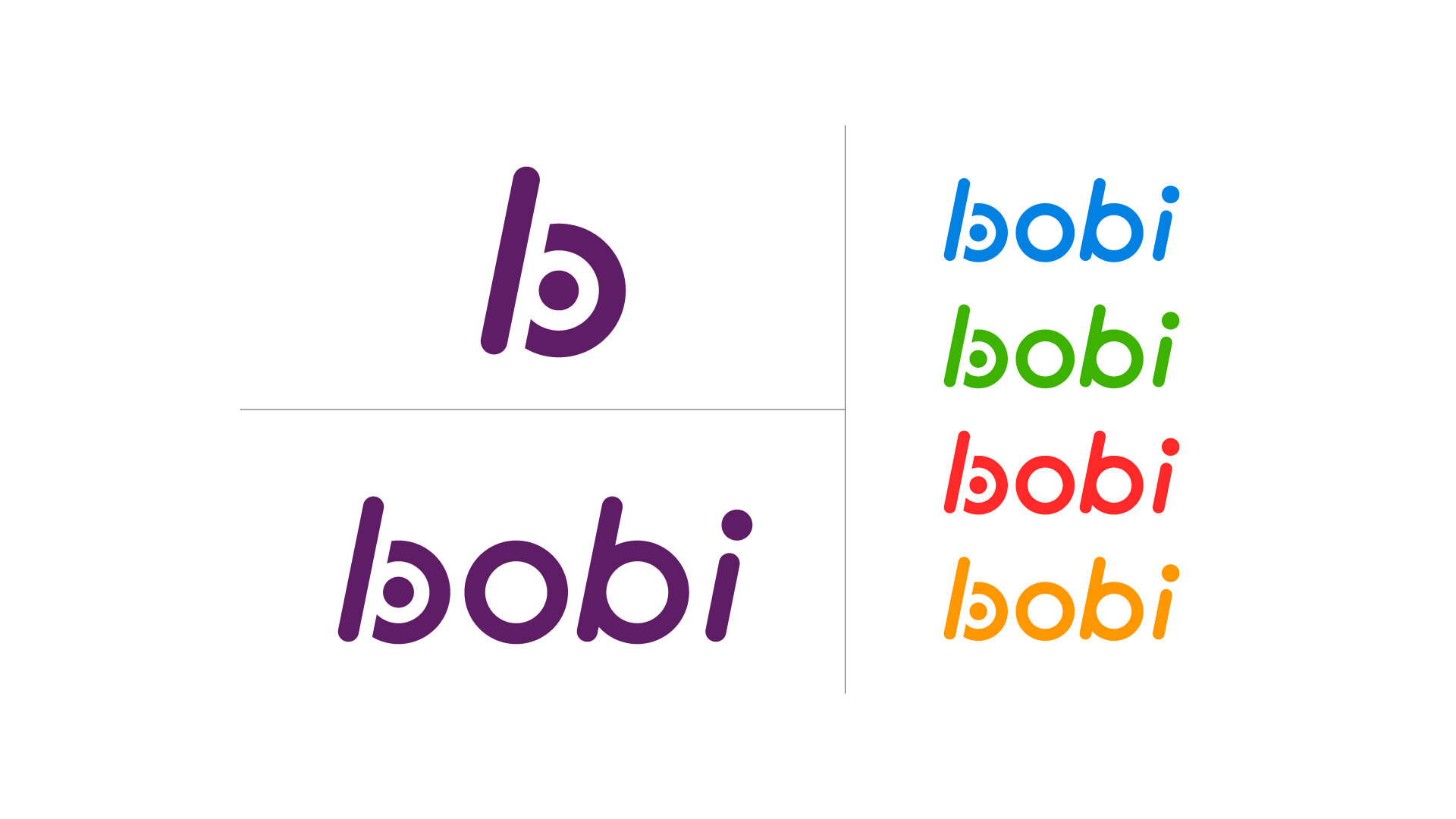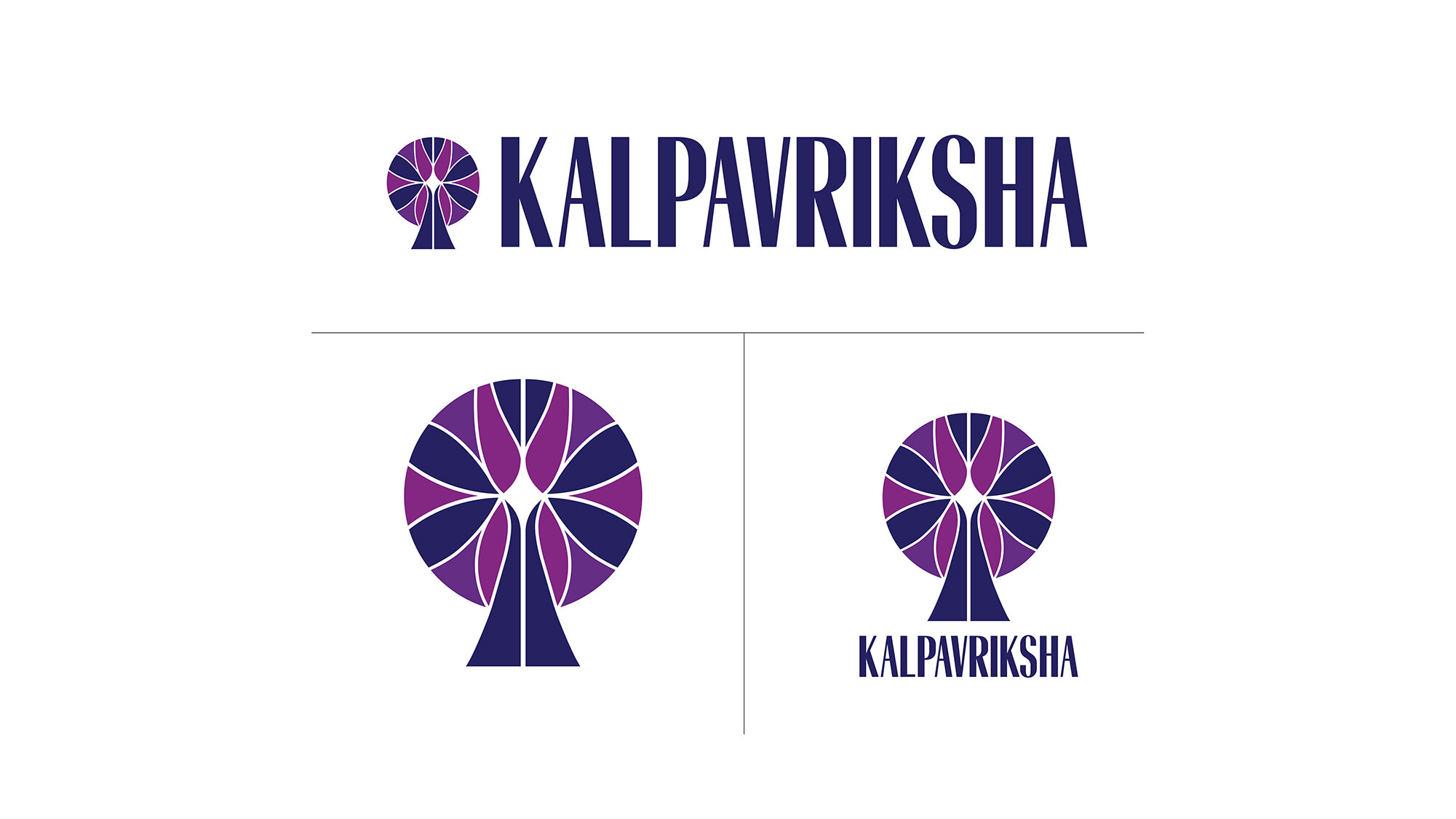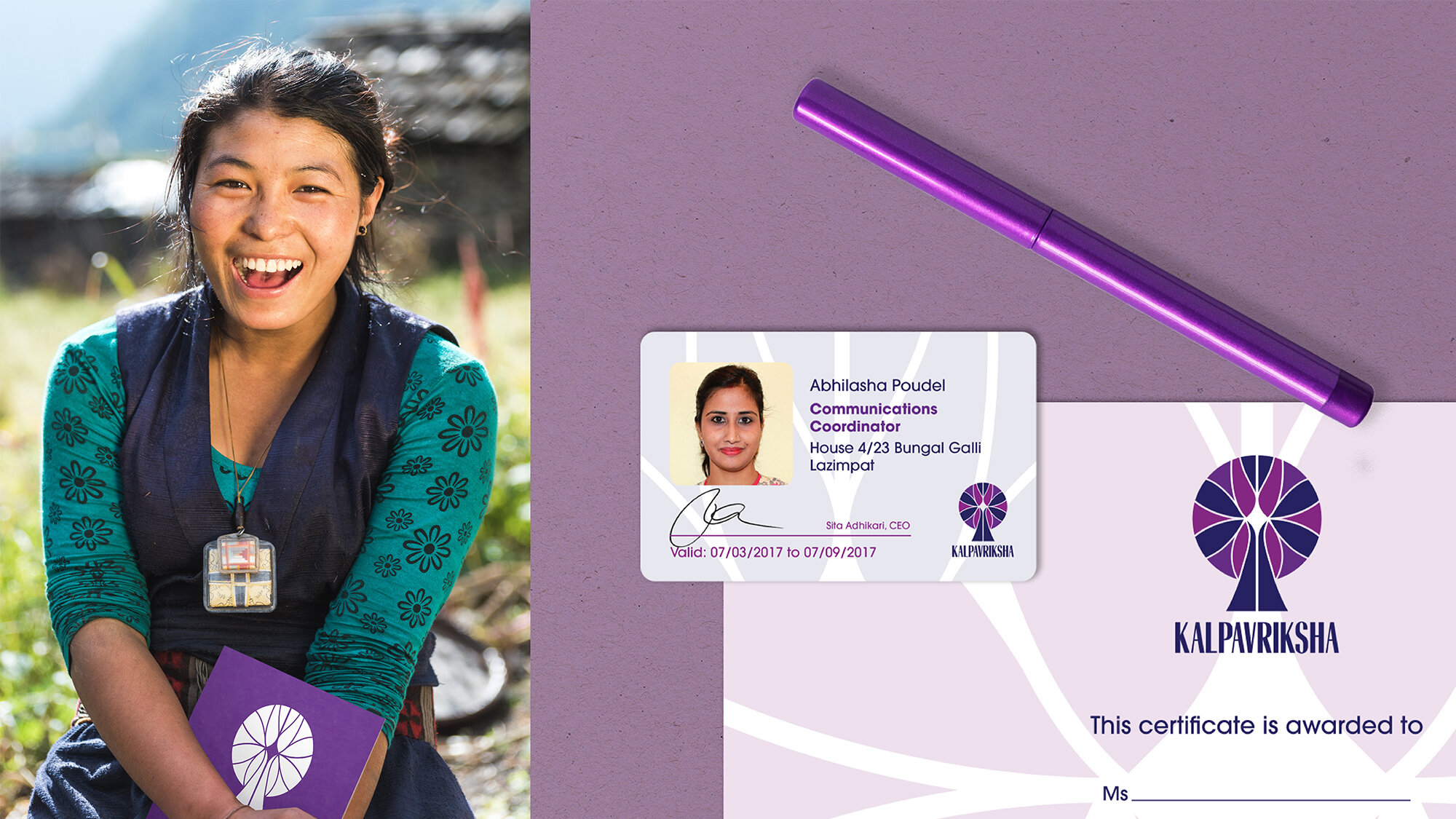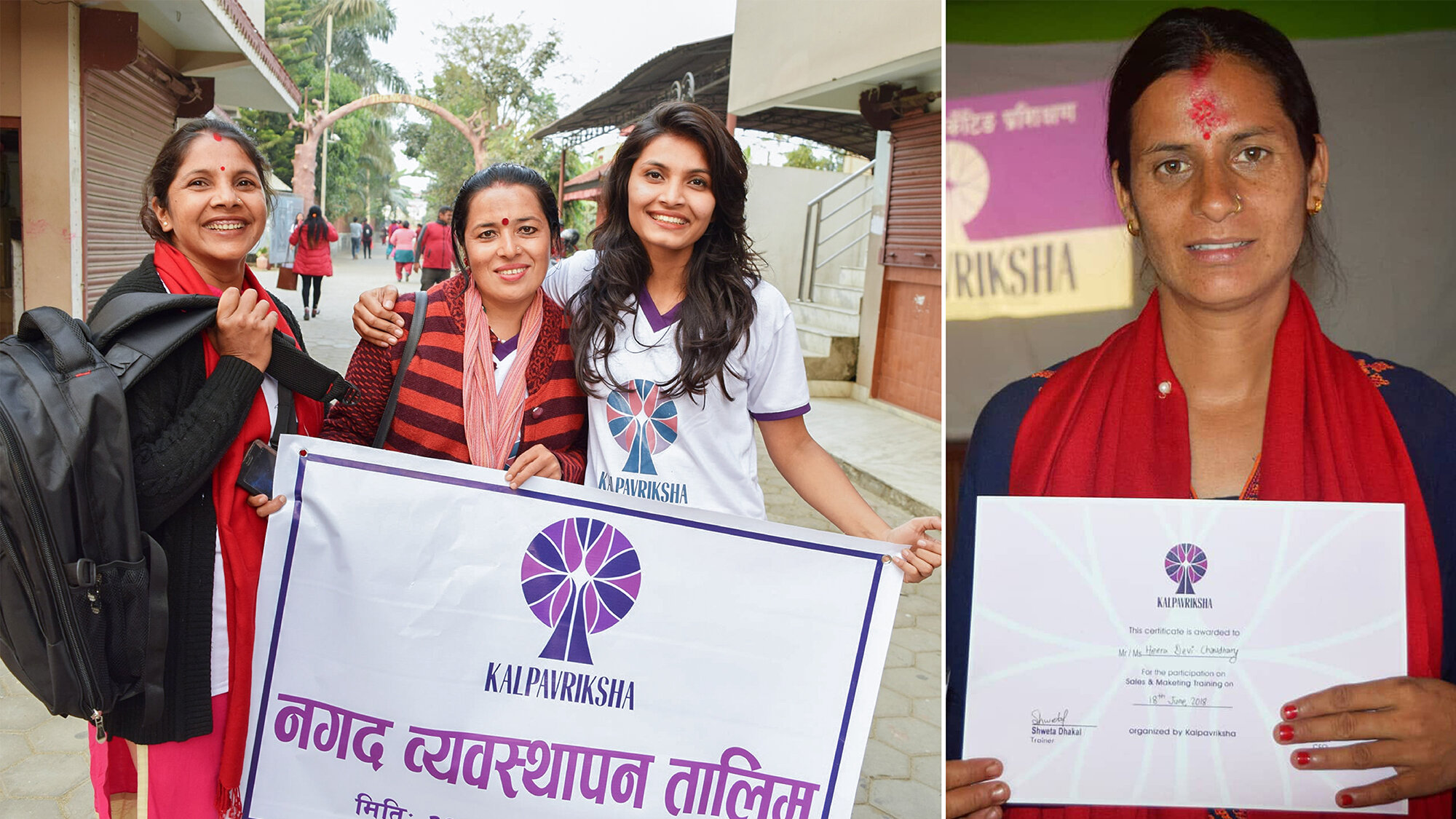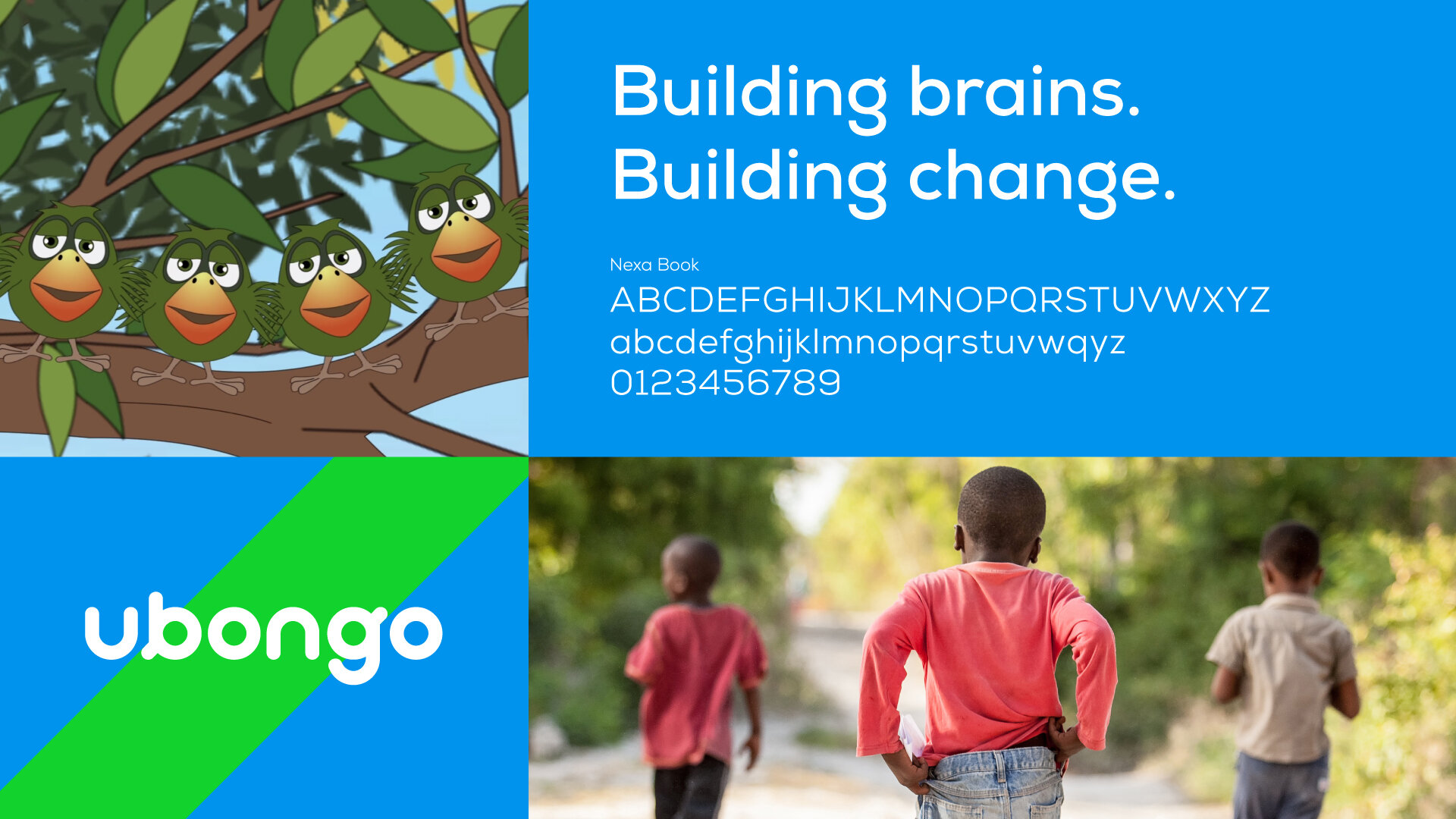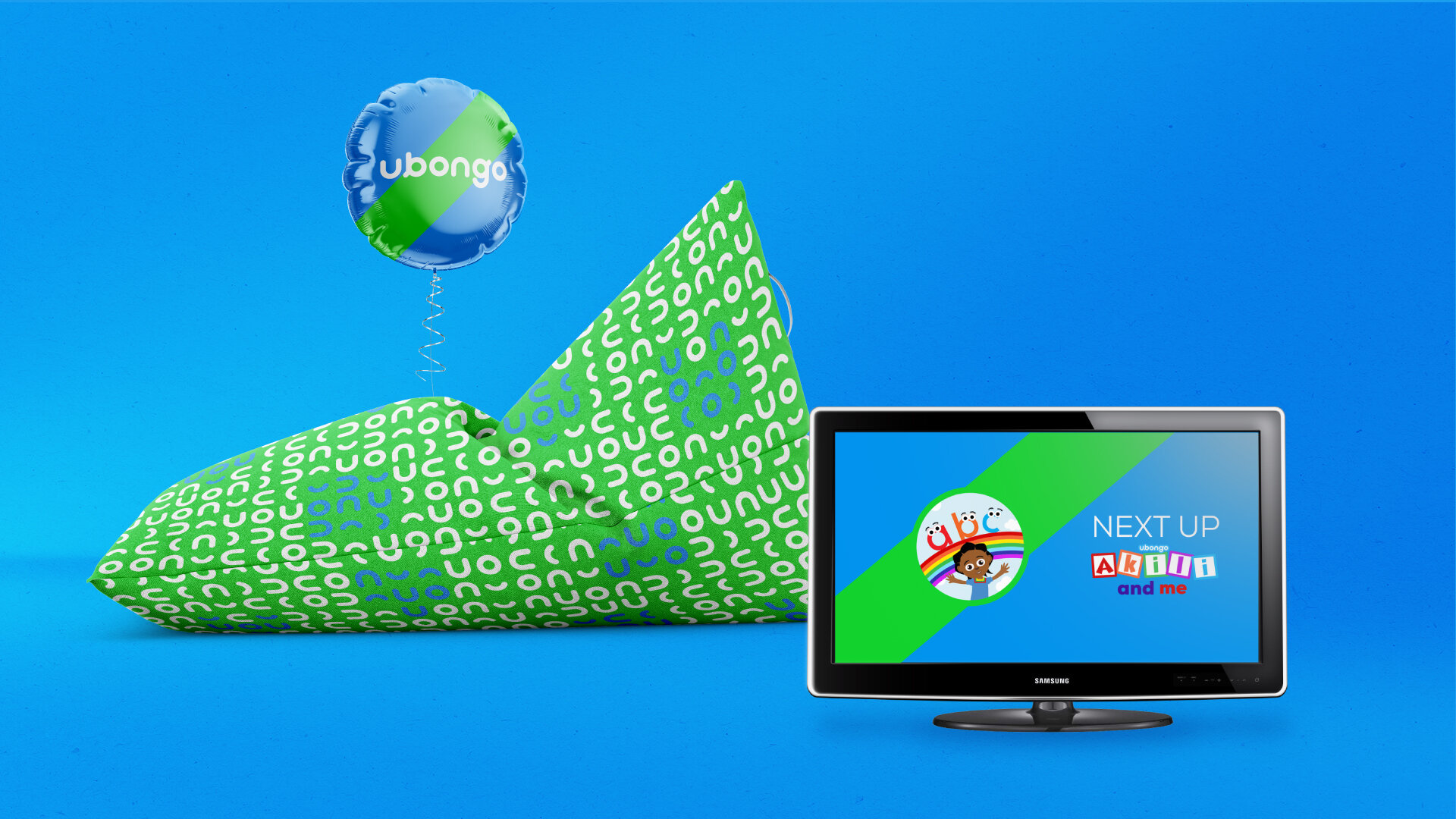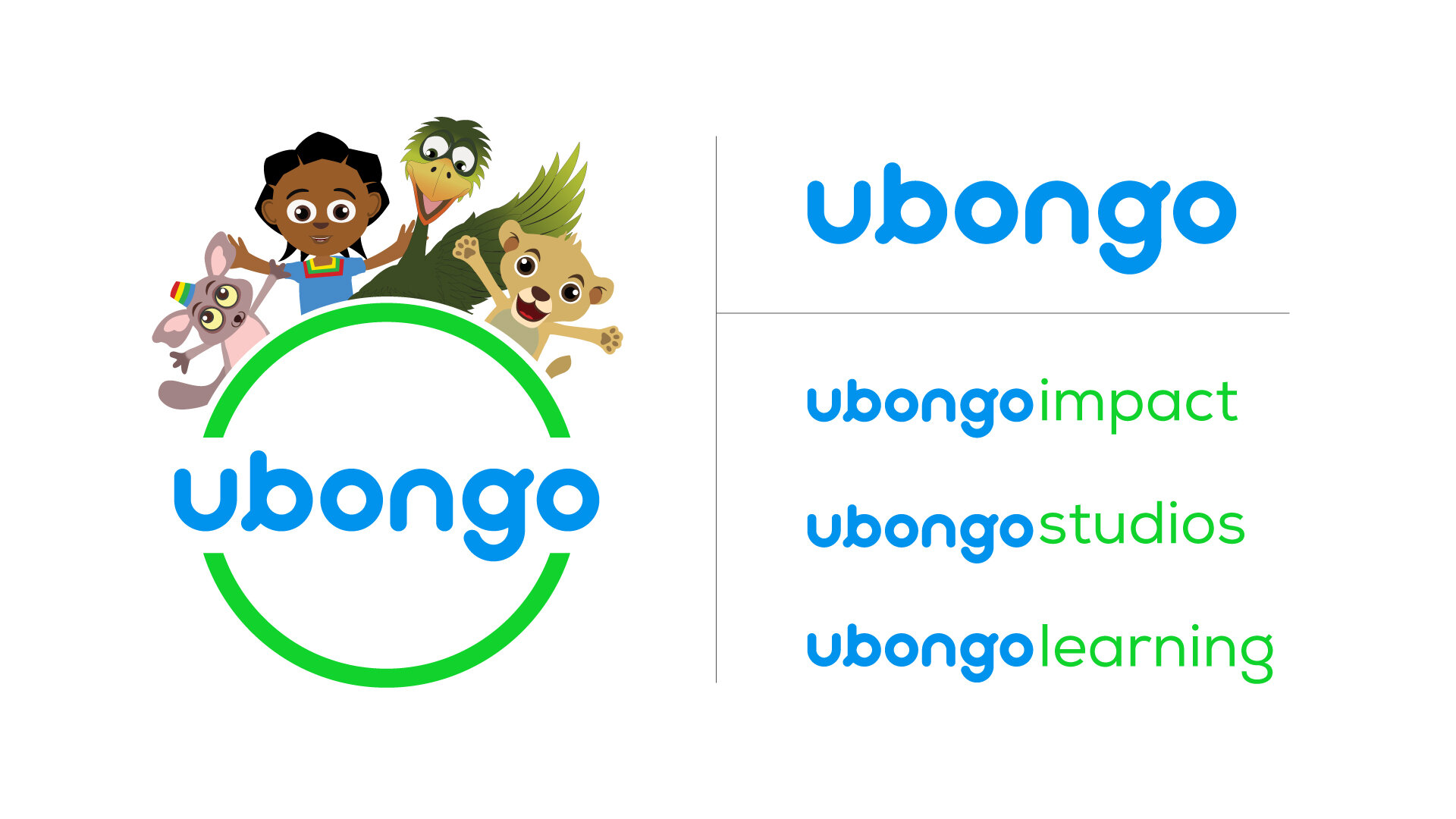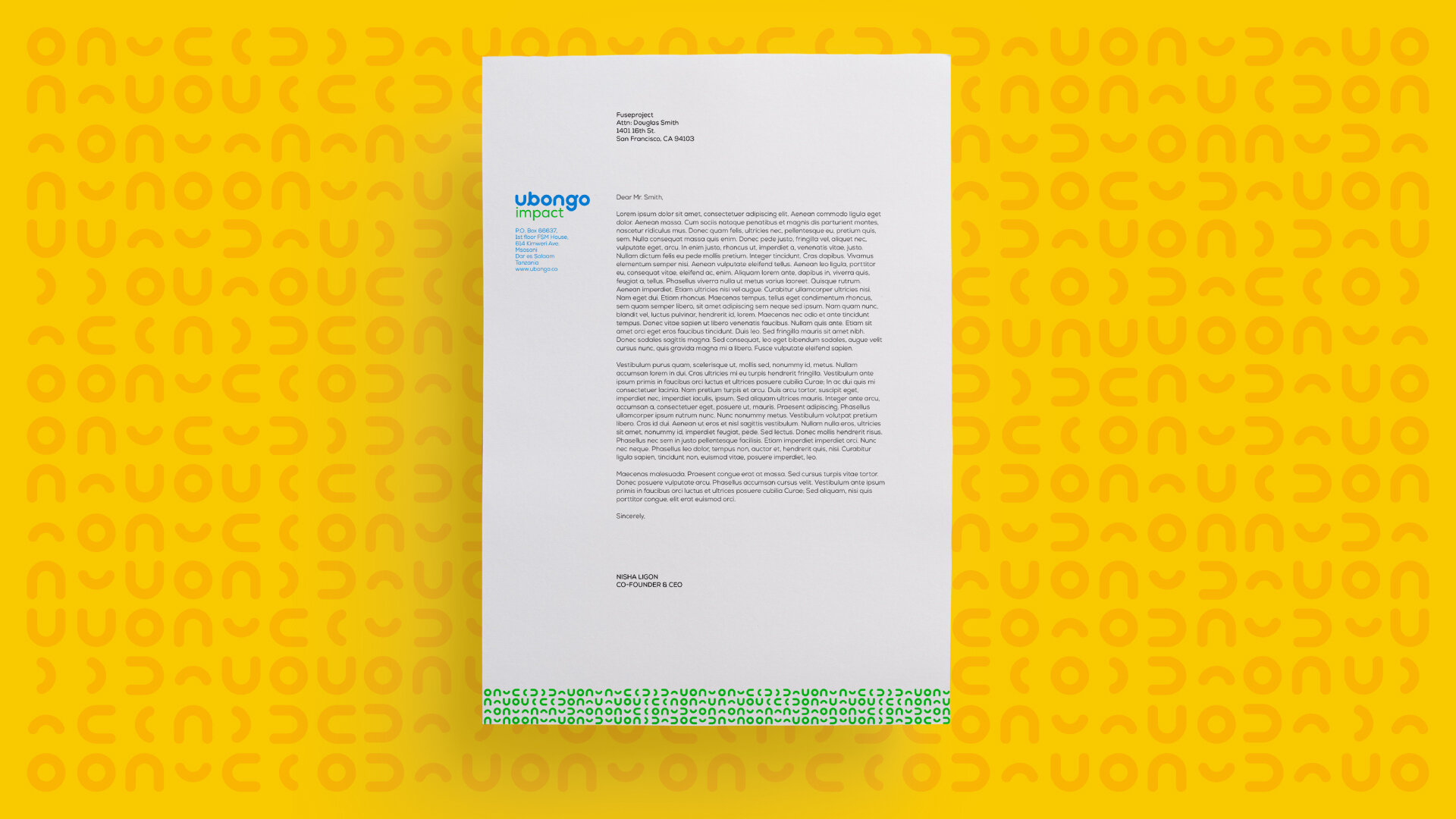
Spring

PROJECT: Spring Business Accelerator
CLIENT: Spring
I WORKED ON:
Branding, UI
TIMELINE:
2017
LOCATION:
Nepal, Tanzania
SPRING is a cohort-based accelerator working with businesses across East Africa and South Asia on innovations that can transform the lives of girls and young women. I was fortunate enough to travel to both Nepal and Tanzania to lead workshops in brand strategy and help the participating businesses with branding and design needs.

Over the course of 4 cohorts, Spring worked with 78 businesses from 9 different countries – reaching around 3 million adolescent girls.
Social challenges in developing countries disproportionately affect girls, which is why Spring identifies businesses that, if scaled, could positively impact the lives of girls and young women. The goal of Spring for these businesses is to refine their business prototypes and create a plan and assets that can be used for market launch and accelerated growth. Part of that is brand strategy and design – which I was there to help with.
This was a wonderful opportunity to learn, teach, and work with small businesses which are truly making a big impact on their communities! See below for a few examples of businesses for which I developed the branding and graphic design work.
Also, please see the following Spring businesses that have their own dedicated project pages:
Tube Heza, Drinkwell, Fightback
TIMELINE: 2017
LOCATION: Rwanda
CLIENT: Academic Bridge
Business TYPE: Digital infrastructure
Academic Bridge’s integrated school management software allows schools to manage information, improve payment systems and streamline communication. The user-friendly web and mobile-based platform is customizable, and includes features for administrators, teachers, and parents, such as registration, tracking of attendance and grades, scheduling, payment and messaging channels (sms and email), etc.
As of May 2017, Academic Bridge had 7 employees and 32 clients (in 4 East African countries, serving over 21,000 students).
TIMELINE: 2017
LOCATION: kenya
CLIENT: Bobi
Business TYPE: mobile lending
Bobi is a mobile platform for employees to access direct credit services linked to payroll via employer partnerships for easy repayment.
In order to go directly to borrowers, their platform uses either a feature phone or smartphone, to allow salaried employees to register with Bobi and apply for emergency loans for school fees, airtime or other needs. Bobi then partners with employers so that loans can be repaid directly via payroll, lowering interest rates and reducing risk.
TIMELINE: 2017
LOCATION: Nepal
CLIENT: Kalpavriksha
Business TYPE: Last mile delivery
Kalpavriksha is a women-led distribution network, delivering products to remote areas of Nepal.
Over 80% of the population in Nepal lives in rural villages, where consumers are significantly under-served by both public services and commercial establishments. Kalpavriksha gives women the opportunity to pick products from a catalog and having them delivered to their doorstep – providing them with choice and access that they would not otherwise have. For a rural, uneducated woman, KGG provides a rare opportunity to become a business leader in her community, which increases her social status, and offers continuing professional development.
Kalpavriksha’s business has grown into an extensive last mile distribution network of 300+ female sales agents, having sold 56,000 clean energy products, to date – bringing cleaner and safer energy to rural households.
TIMELINE: 2017
LOCATION: Tanzania
CLIENT: Ubongo
Business TYPE: Educational media
Ubongo produces multi-platform ‘edutainment’ for children in Africa, delivered via TV, radio, internet, and mobile phone.
Ubongo’s content and learning resources are fun and interactive – helping kids to build a foundation for learning, develop key skills and change mindsets. They have a hybrid business model, with grants from development partners to fund content development, as well as from licensing fees from cable-TV stations, and sales of brand extension items (books, DVDs). Their programming includes Akili and Me, a series for preschool-aged children that focuses on school readiness, and Ubongo Kids, a series that teaches math and science to children aged 7–13 while promoting gender equality and character strength development.
As of May 2017, they were broadcasting in 27 countries, reaching over 5 million households in East Africa.

